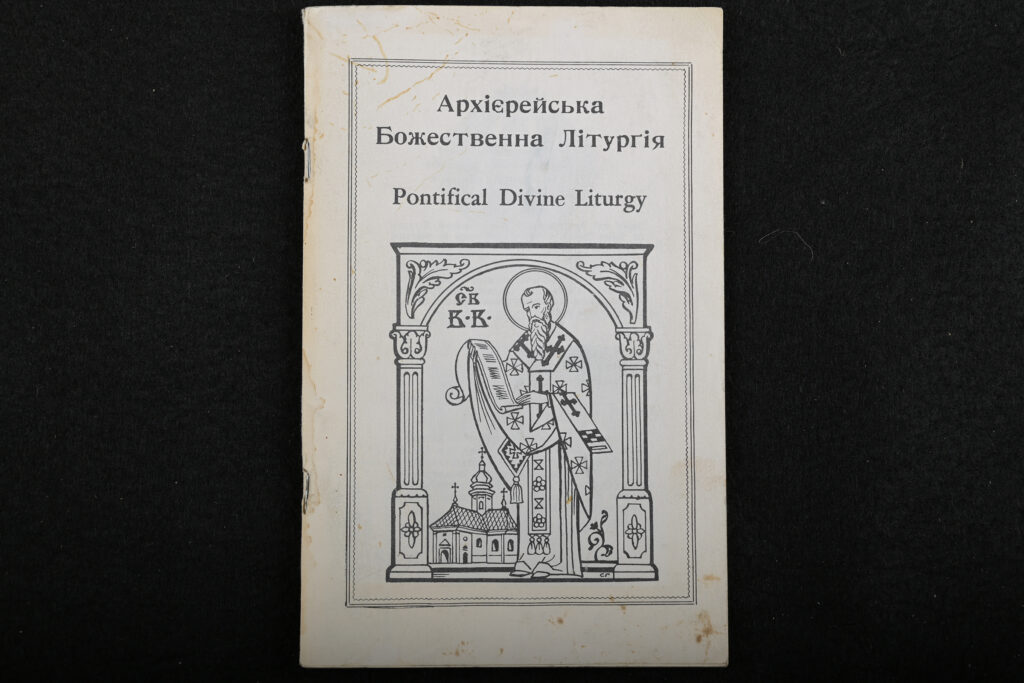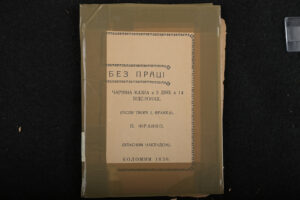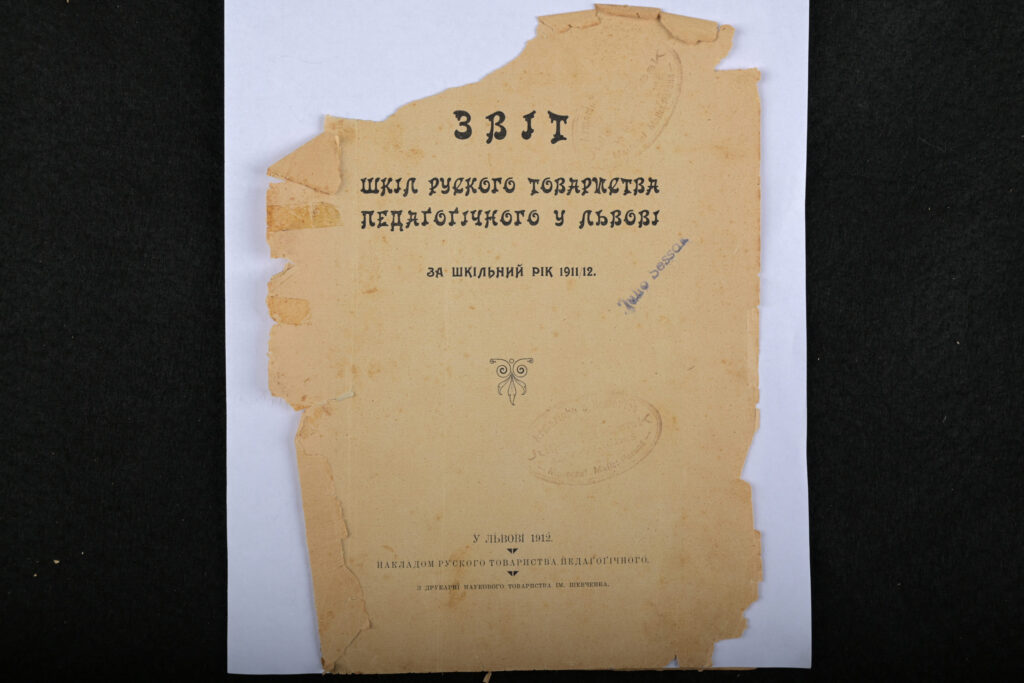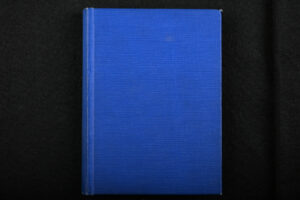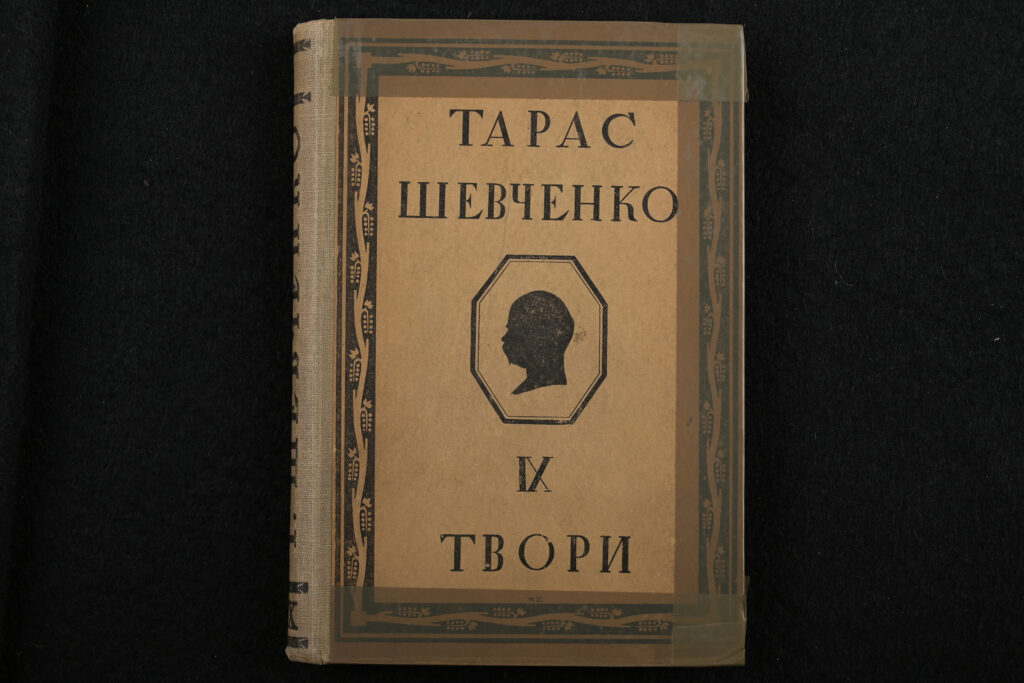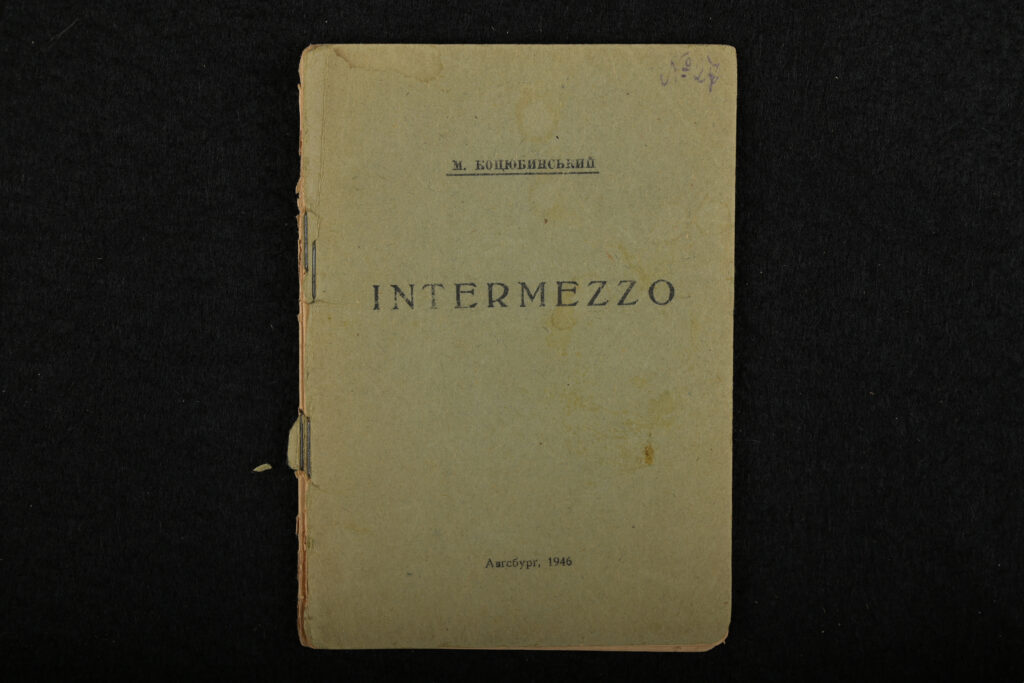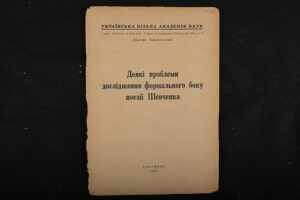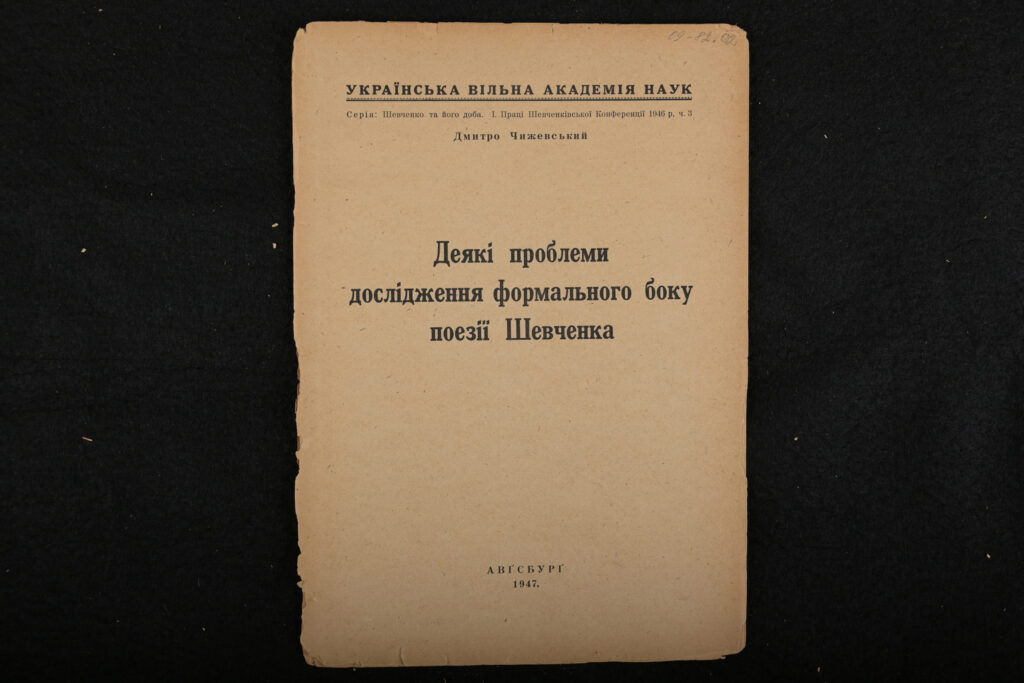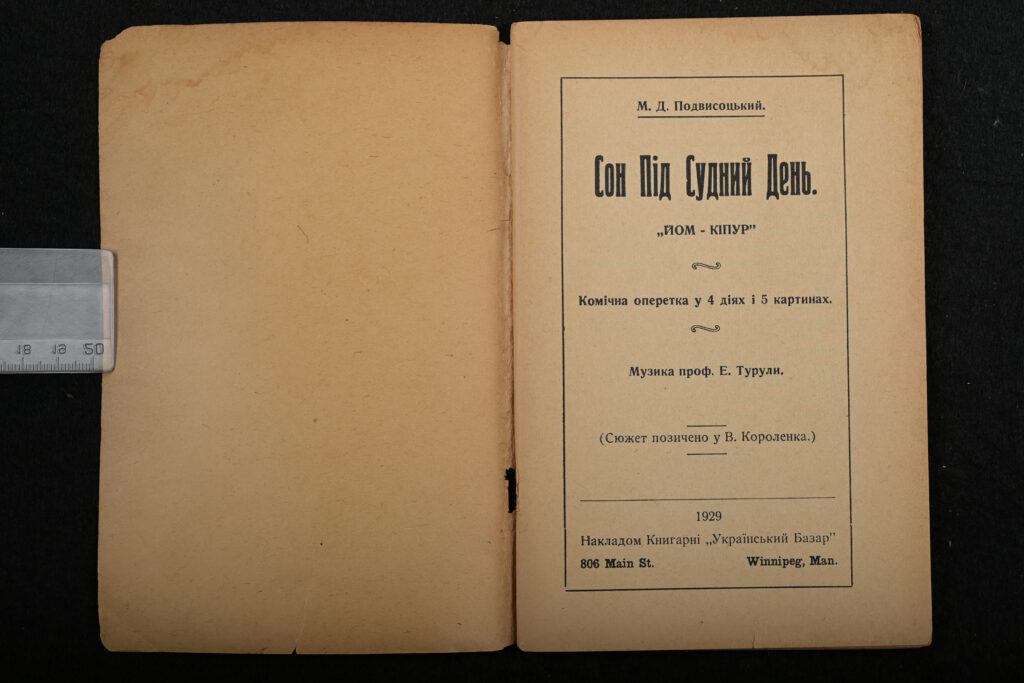about the collection of the
Lubomyr Wynar Institute for the
Ukrainian Diaspora Studies
Lubomyr Wynar Institute for the Ukrainian Diaspora Studies (from now on – Institute) has been operating as a structural unit of the National University of Ostroh Academy since January 2002. The idea of creating the Institute for the Ukrainian Diaspora Studies belonged to a well-known Ukrainian scientist from the USA, Professor Lubomyr R. Wynar (1932-2017); it was supported by the rector of the Academy, Professor Ihor Pasichnyk, and the Academic Council of the university. In 2017, the Institute got a new name, Lubomyr Wynar Institute for the Ukrainian Diaspora Studies Scientific Research Center.
The Institute’s activity aims to study world Ukrainians’ life, action, and creative and scientific output and expand and deepen scientific and cultural ties with the Ukrainian public outside Ukraine.
One of the Institute’s primary courses of action is to develop a scientific library and an archive, which not only allows the preservation of the unique intellectual and cultural heritage of emigration and the diaspora but also creates a solid foundation for the scientific study of various aspects of the activities of the Ukrainians abroad. The library funds are filled mainly with literature and materials from outside Ukraine. At one time, the process was greatly facilitated by the Address of the World Scientific Council of the Ukrainian World Congress to the Ukrainian institutions and publishing houses in diaspora signed by the well-known Ukrainian scientists – Prof. Lubomyr Wynar, Prof. Asia Humetska, Prof. Arkadii Zhukovskyi, Dr Oleh Kravchenko, Dr Osyp Martyniuk. As a result of its publication in Ukrainian periodicals in Canada and the USA, as well as thanks to cooperation with scientific institutions and other factors, public organisations and private individuals responded. The most significant amount of literature was donated by the Ukrainian Historical Association, the Ukrainian Museum-Archives in Cleveland, the Canadian Institute of Ukrainian Studies, the Brotherhood of former soldiers of the 1st Ukrainian Division of the UNA, Litopys UPA Publishing House, Holy Trinity Ukrainian Catholic Church in Kerhonkson (USA), St. Volodymyr’s Cultural Centre Library&Archives in Calgary, Ukrainian Free Academy of Sciences in the USA, Bahriany Foundation Inc., Research Institute of Volyn, etc. The Institute received significant material from the Shevchenko Scientific Society in the US (ShSS-US) and the Immigration History Research Center at the University of Minnesota. According to the agreement with ShSS-US, the Institute donates the Society’s publications to scientific and other libraries in Ukraine. Many benefactors bore generous book gifts to the library.
The library forms its funds mainly according to the thematic principle. Still, for significant revenues from institutions and private individuals, personal book collections are created, and they later become the object of a particular bibliographic and historiographical analysis. Thus, several assemblages from private individuals are available to researchers: i.e., Yakiv Hurskyi, a professor of Syracuse University, a famous American specialist of Slav languages and literature of Ukrainian origin; the famous public figures – Dr Konstiantyn Bryzghun, Mykhailo Khomiak (sent with the assistance of Prof. Yars Balan from the University of Alberta), Vira and Bohdan Bodnaruk, Olena and Ivan Stadnyk and others. Visitors actively read the literature sent by Lev Khmelkovskyi, Halyna Hrushetska, Liaryssa Muzychka, Volodymyr Pylyshenko, Dr Yaroslava Yosypyshyn and many other donors.
The Institute’s library stores numerous rare publications issued by Ukrainian emigrants and Ukrainians abroad at different times. Among them are the Canadian and American editions of the late 19th century, the publications of organisations and representatives of the First World War emigration wave, the editions issued in camps for displaced persons in 1945-1952, the editions published in Europe, North and South America, Asia after the Second World War, as well as publications created on Ukrainian lands at different times and kept in private library collections of the Ukrainians.

